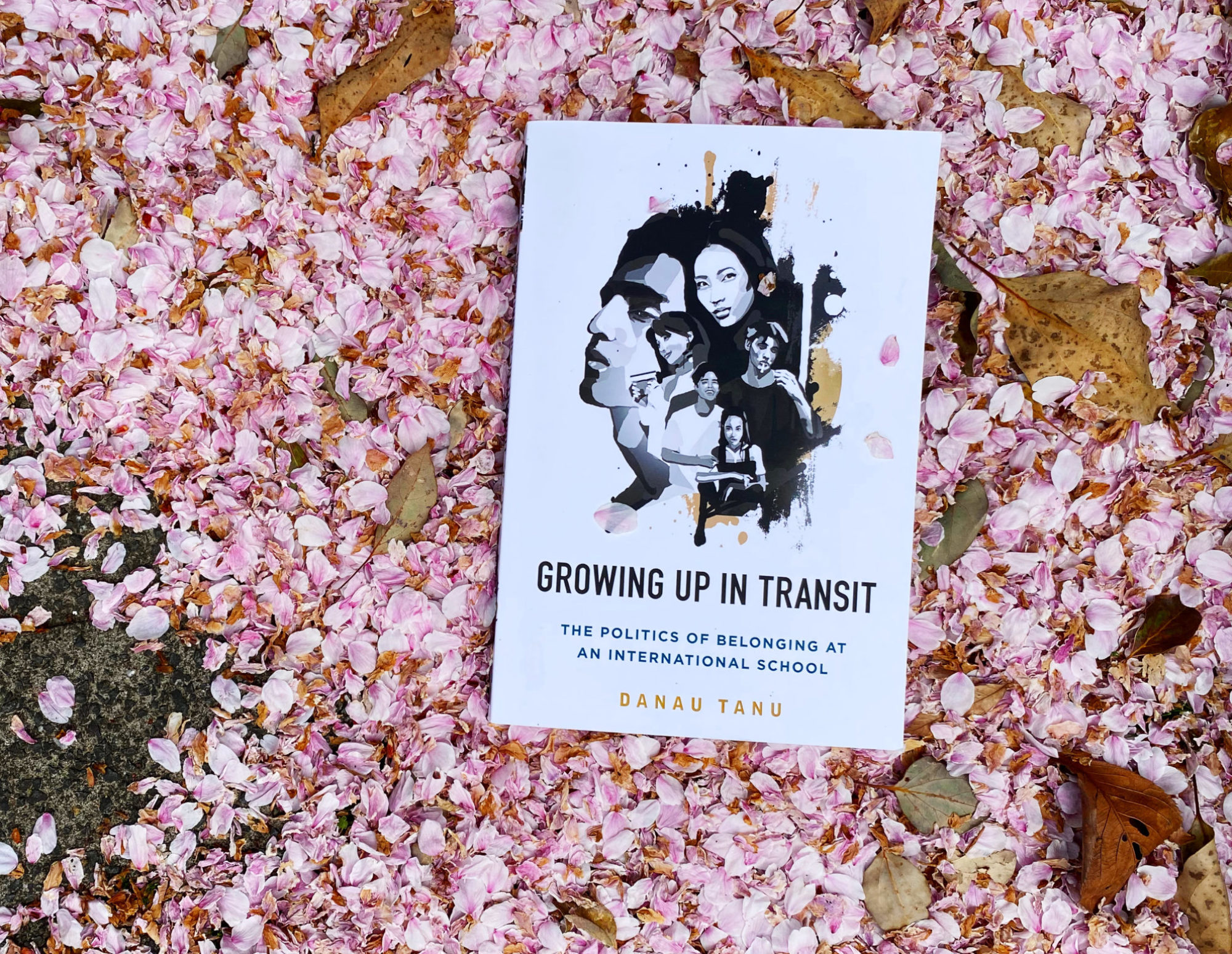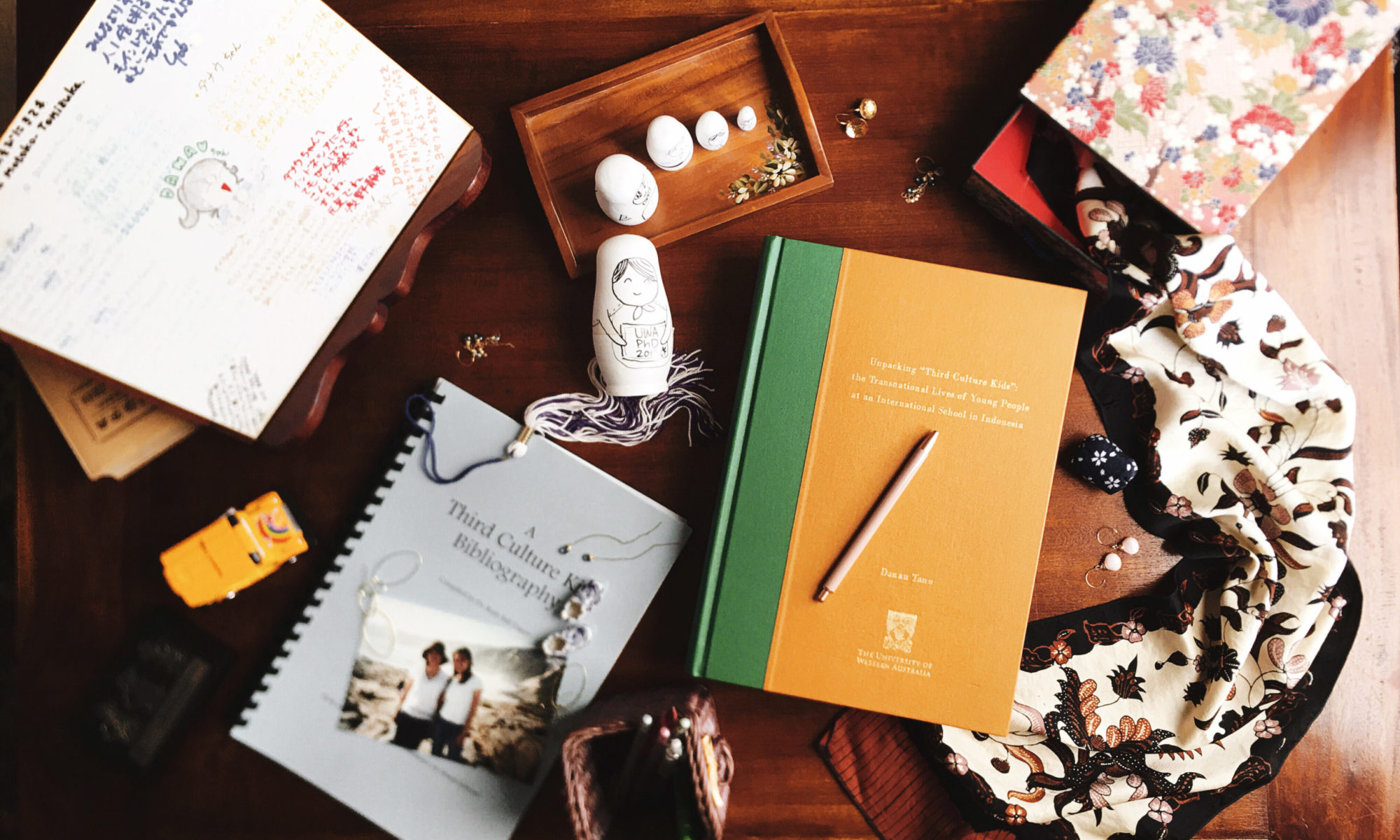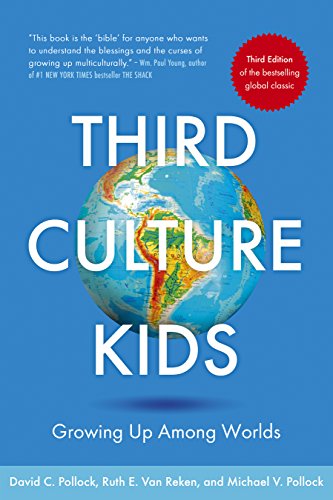This page lists resources that I often cite. This list is in no way comprehensive. It merely serves as a starting point.
It includes general resources for international educators, as well as resources that are relevant for decolonising international education and creating more inclusive international schools.
I will update the list when I come across new resources. So please revisit this page from time to time.
Content summary of this page:
- Foundational texts for international school educators
- Visual resources: A film
- Critiquing the Internationalism of International Schools
- Decolonizing the Curriculum
- Language Learning & Translanguaging
- Language – Internalized racism & family relationships
- Identity-affirming learning
- The Strength of Weak ties – campus dynamics & recruitment
- Consultants
Foundational texts
If you are working at a school where the students body is diverse and some move internationally, then these three books are foundational to understanding your students.
Third Culture Kids: Growing Up Among Worlds, 3rd Edition. David Pollock, Ruth E. Van Reken and Michael Pollock, 2017.
This is a foundational text. Read this to gain an understanding about Third Culture Kids or international school students.
Alternative text: Misunderstood by Tanya Crossman
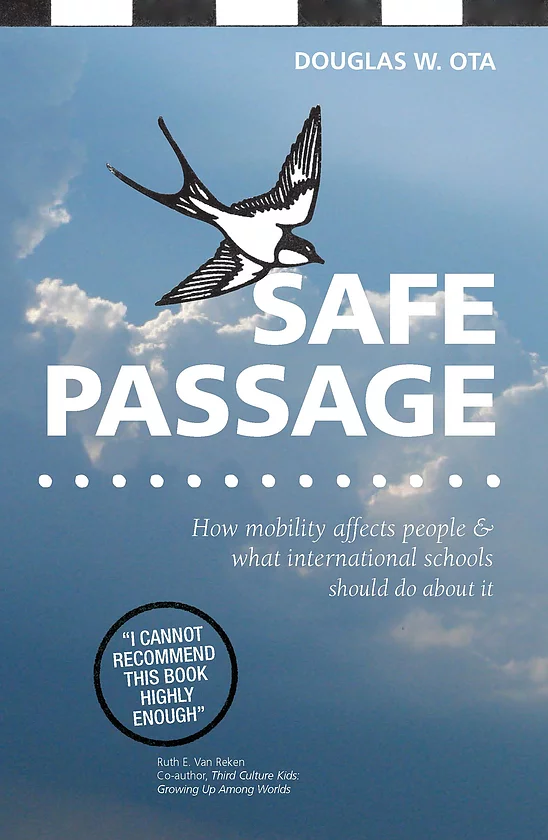
Safe Passage: How mobility affects people & what international schools should do about it. Doug Ota, 2014.
Read this to understand the psychological impact of mobility on development and campus dynamics. It includes a detailed manual on how to set up a good transition program for your school. See also: Safe Passage Across Networks
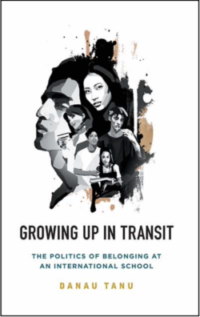
Growing Up in Transit: The Politics of Belonging at an International School. Danau Tanu, 2018.
Read this to understand the impact of structural racism on campus dynamics and identity.
Visual resources: A film
Alien Citizen: An Earth Odyssey by Elizabeth Liang is a powerfully moving and super hilarious take on the experience of international mobility in childhood.
It is also an excellent resource for those looking for creative ways to talk with students about difficult to broach subjects such as racism, colorism, global inequality, sexual harassment, transition issues and eating disorders.
You can also read my review of the film that was first published by the EARCOS Triannual Journal here.
Critiquing the ‘Internationalism’ of International Schools
Tanu, Danau. 2018 & 2020. Growing Up in Transit: The Politics of Belonging at an International School. – The first book on structural racism in international schools. (Based on ethnographic research at an international school in Indonesia.)
Meyer, Heather. 2021. The Global Imaginary of International School Communities. A detailed account of how the concept of internationalism is used to exclude local students. (Based on ethnographic research at an international school in Germany.)
Decolonizing the Curriculum
Decolonising Education: From Theory to Practice – a free course hosted by the University of Bristol
Acknowledgment of Country – an Australian example of seeing from two different perspectives
- Acknowledgment of Country – What is it?
- Compare the Map of Indigenous Australia (or see here) with the official map of Australian states & territories.
See also examples of First Nation maps of the United States here or here.
Native Knowledge 360° Education Initiative – by the Smithsonian’s National Museum of the American Indian. See also the resources in this Twitter thread about the Indigenous People’s Day Curriculum Teach-In.
Decolonising the Curriculum – Math – an example of studying the history of mathematics from diverse perspectives. Source: Ecolint – La Grande Boissière (International School of Geneva)
Language Learning & Translanguaging
The Traumatizing Gift: a Global Childhood – A TEDx talk by Saeko Mizuta on the impact of the language acquisition process on a child’s ability to learn other subjects. Saeko is CEO of the TCK Workshop (日本語), an online tutoring service for bilingual children (Japanese and English).
Translanguaging Resources – City University of New York (CUNY)
Translanguaging: Theory, Concept, Practice, Stance … or All of the Above? – Center for Applied Linguistics
Resources by Ceci Gomez-Galvez
- Translanguaging: Designing Equitable Multilingual Spaces
- Language Equity: Redefining our language learning practices to empower multilinguals
Language – Internalized Racism & Family Relationships
Third Culture Stories – a podcast by TCKs of Asia. Three of the episodes discusses the impact of structural racism on language and identity.
- Season 1, Episode 3: Language & Power is an interview with an adult Korean child of a diplomat and her experience of internalized racism as a result of international schooling.
- Season 2, Episode 1: A Foreigner in My Own Family: The Hidden Loss of Language & Intimacy focuses on the stories of three adult ‘Third Culture Kids’ and their experiences of losing their parents language and/or efforts to maintain it, as well as the deep impact it has had on their sense of identity and relationship with their family.
- Season 3, Episode 3: Mixed Loyalties focuses on the deeper impact that structural racism and language has on identity.
‘But parents want white teachers and English-only policies!’ – How can we convince parents? An example from one international school.
Parenting Malaysian Students at an International School – Dalat International School requires parents to watch videos about the impact of international schooling on student identity and culture before they apply to enrol. See more videos in the right hand column under ‘School Culture Videos‘.
Identity-Affirming Learning
Identity-Centered Learning – by Daniel Wickner
Story of My Name – an example of how a school can introduce its staff through a simple gesture that affirms a diversity of identities in a way that is poignant and connecting. Source: Korean International School. See also here, here and here.
Anti-racism
This is a great video for learning or teaching about ‘implicit bias’. It’s good and confronting and fun and funny and touching all at the same time. And all this while talking about a difficult topic.
Licensed therapist Jonathan Decker and professional filmmaker Alan Seawright do a great job at providing clear explanations of some of the things we do that might have an unintentionally racist effect.
The Strength of Weak Ties -Campus Dynamics & Recruitment
For well being: Investing a little time to develop weak ties with students may help them feel more ‘seen’ and help the campus feel more inclusive
- Gillian Sandstrom’s research
- Leslie, Ian. 2020. “Why your ‘weak-tie’ friendships may mean more than you think.” In BBC (July 3).
For recruitment: The concept of weak ties has been widely applied to diversifying job recruitment pools
- Weak Ties Matter
- How the Best Bosses Interrupt Bias on Their Teams (via Joel Laban)
Original study: The concept of weak ties was originally developed to study what type of networking is useful for job search
- Granovetter, Mark. 1973. “The Strength of Weak Ties,” American Journal of Sociology (78:6), 1360-1380.
Mobility & Third Culture Kids
- Resources (books, associations, podcasts) recommended by Tanya Crossman, intercultural trainer and author of Misunderstood
- Heidi Tunberg’s pinterest boards feature an extensive collection of books and other resources relating to Third Culture Kids and their families. See also Heidi’s board for TCKs: Asian Third Culture Kids
- Books on Third Culture Kids and expat living as recommended by the Families in Global Transition, which was co-founded by Ruth Van Reken
Consultants
Korea: Isabelle Min, CEO of Transition Catalyst Korea (TCK) Institute.
Japan: Saeko Mizuta, CEO of TCK Workshop.
Association of International Educators and Leaders of Color (AIELOC) – contact them for a list of consultants
I will add more to this page as I find new material. Please come back regularly to check.
